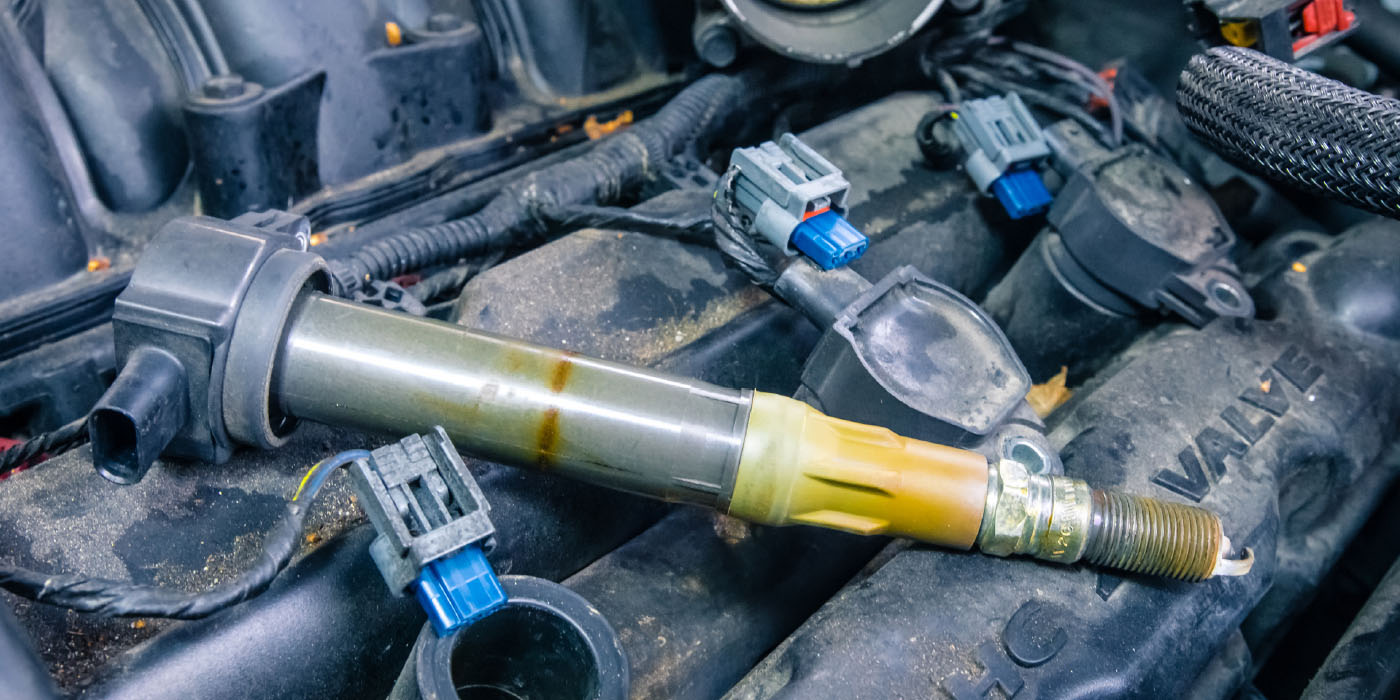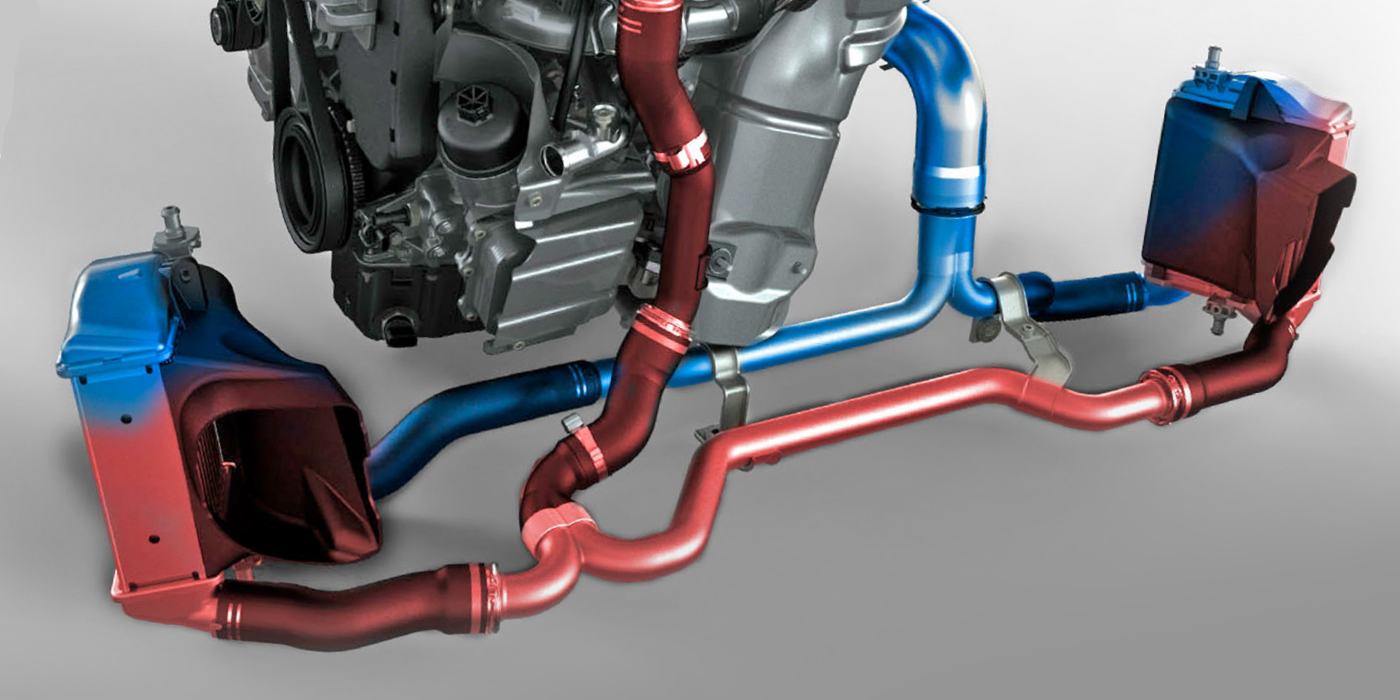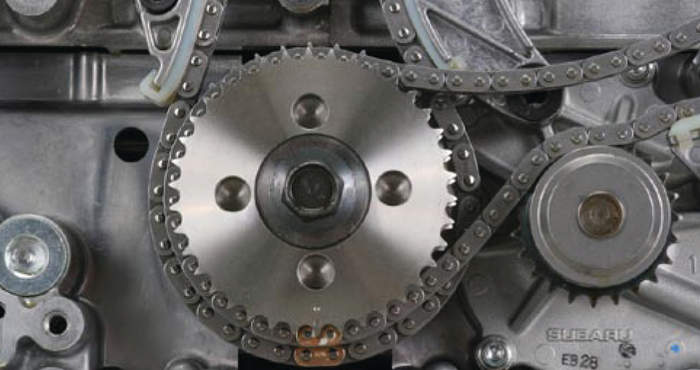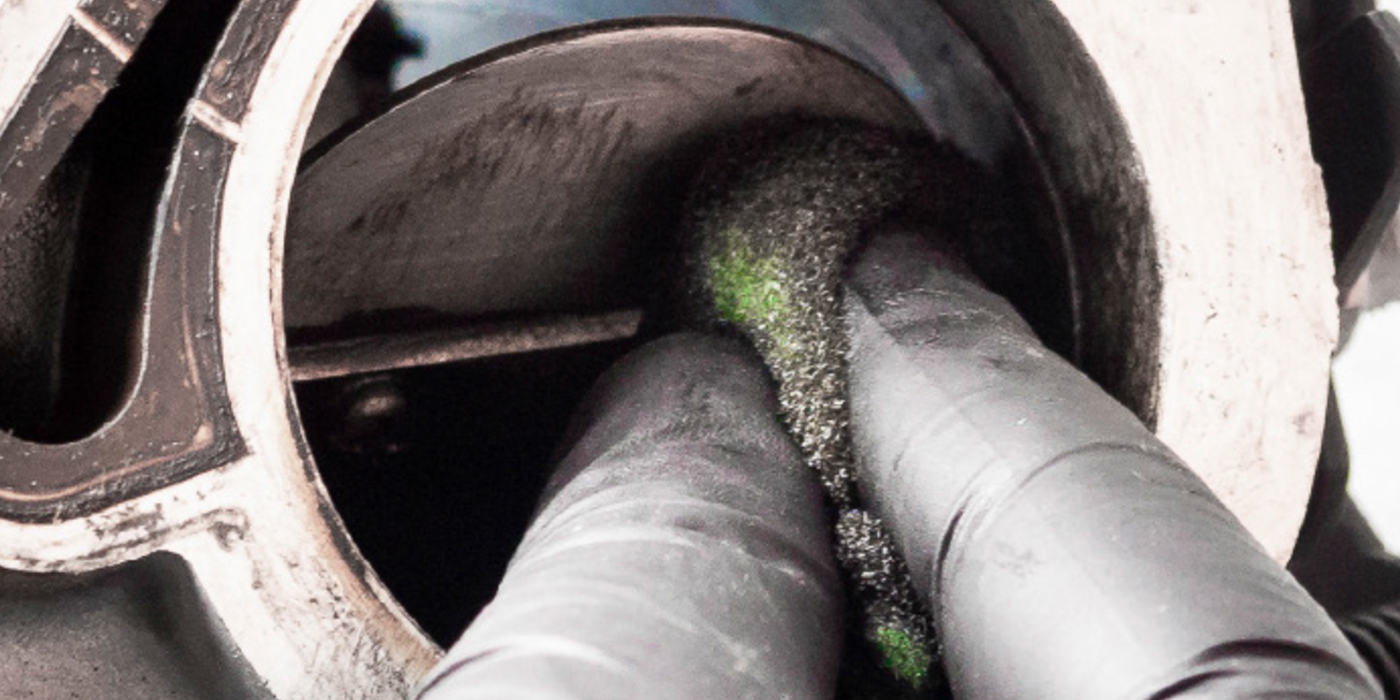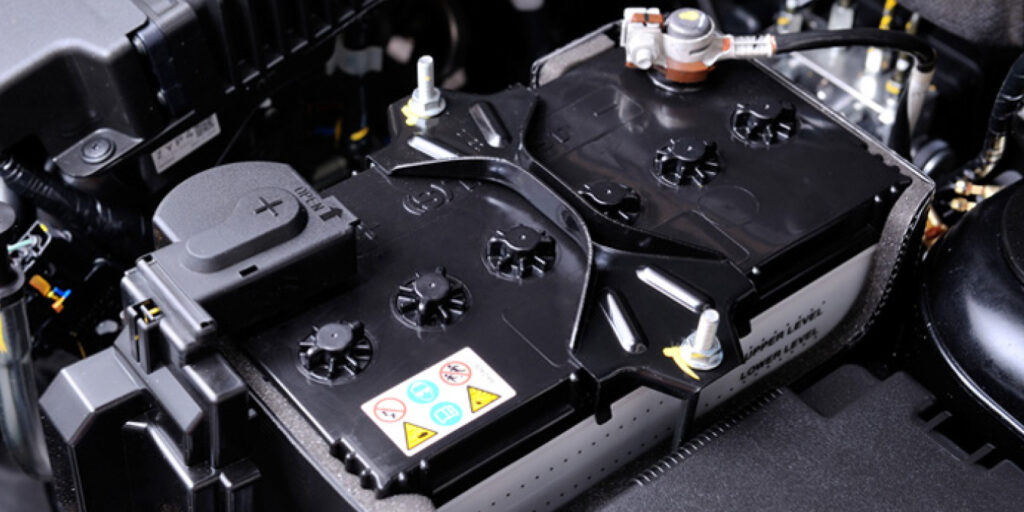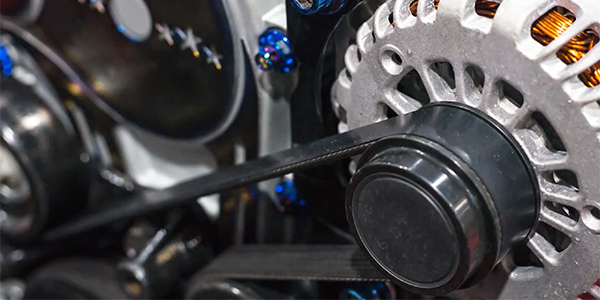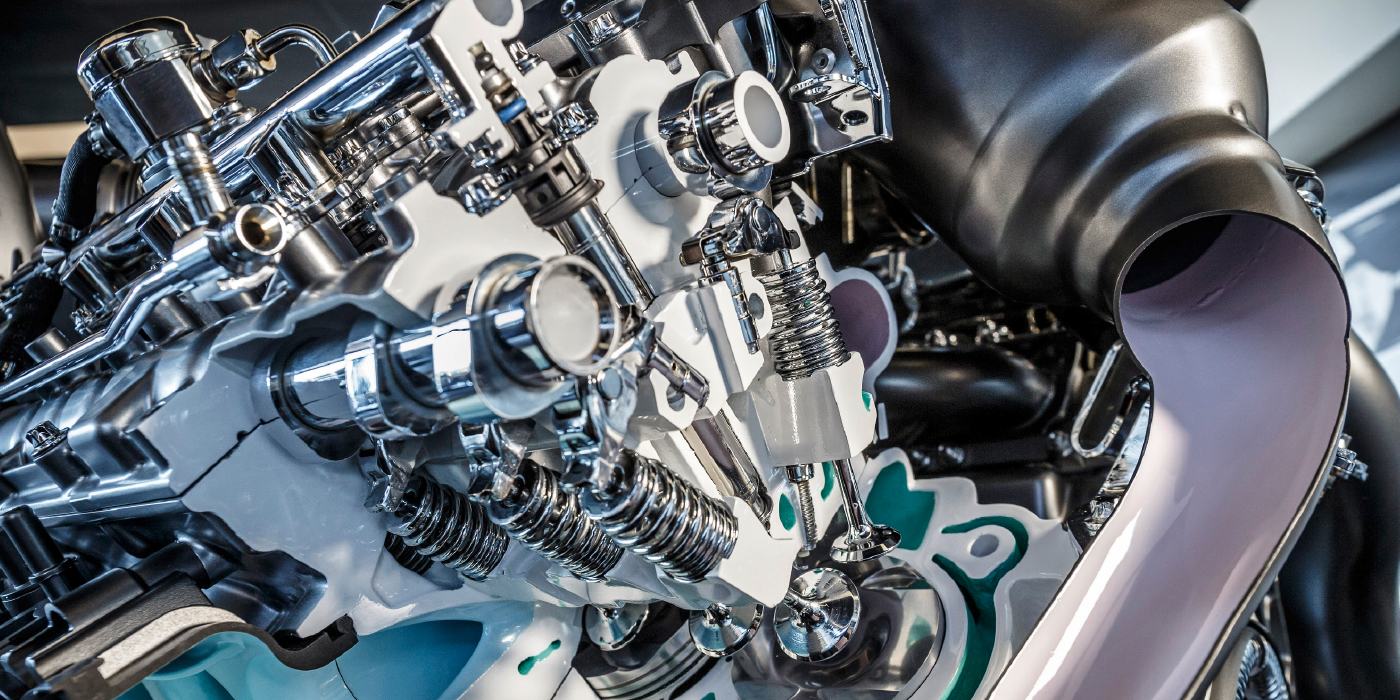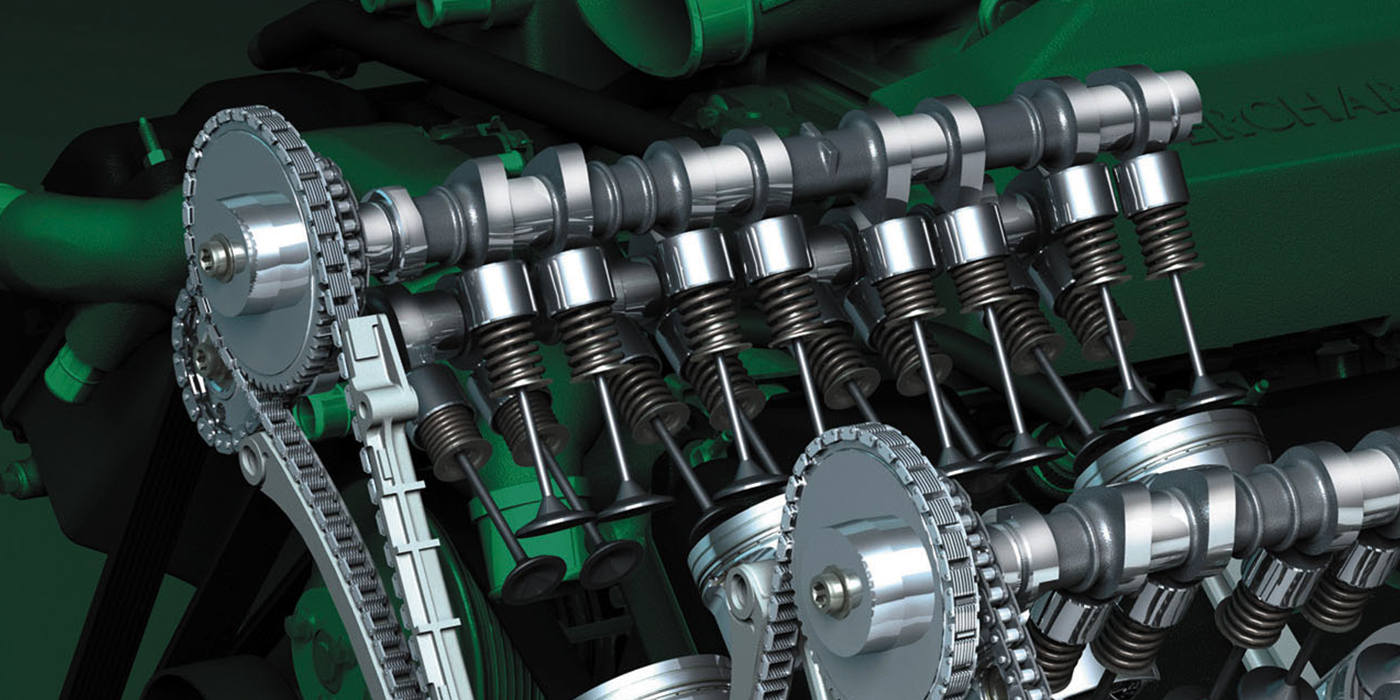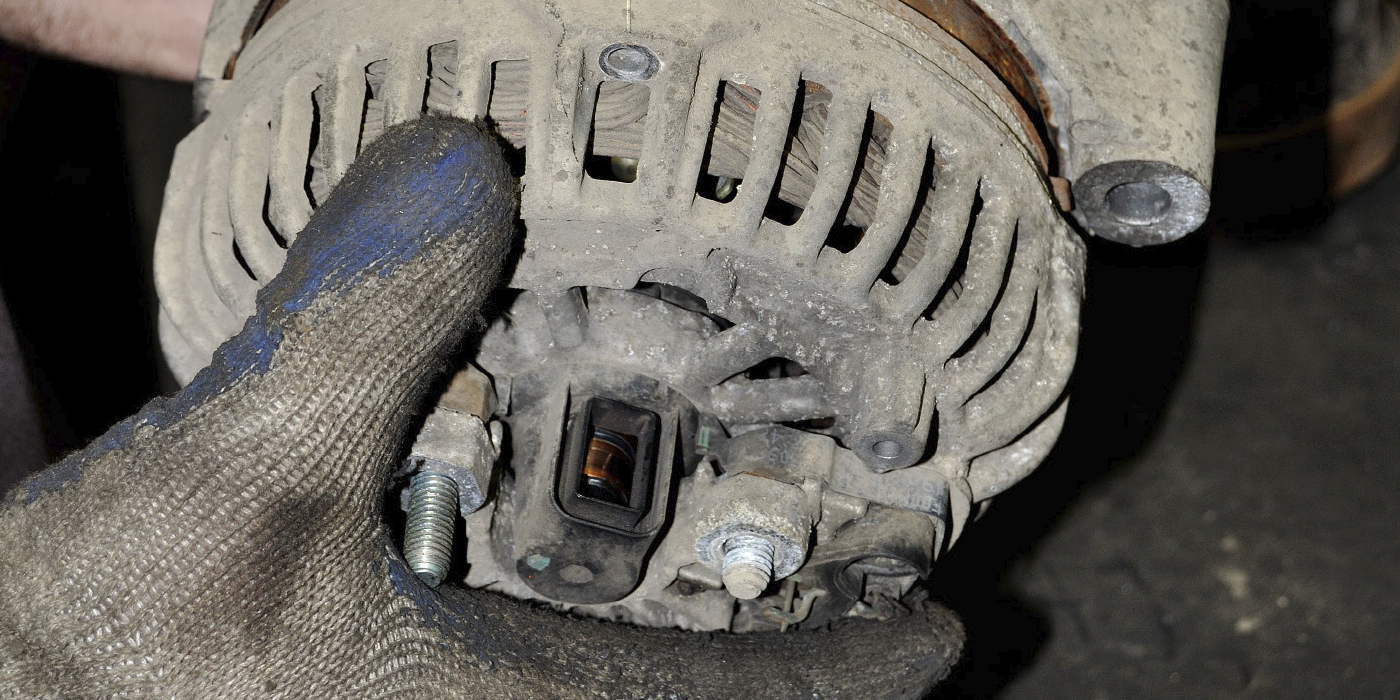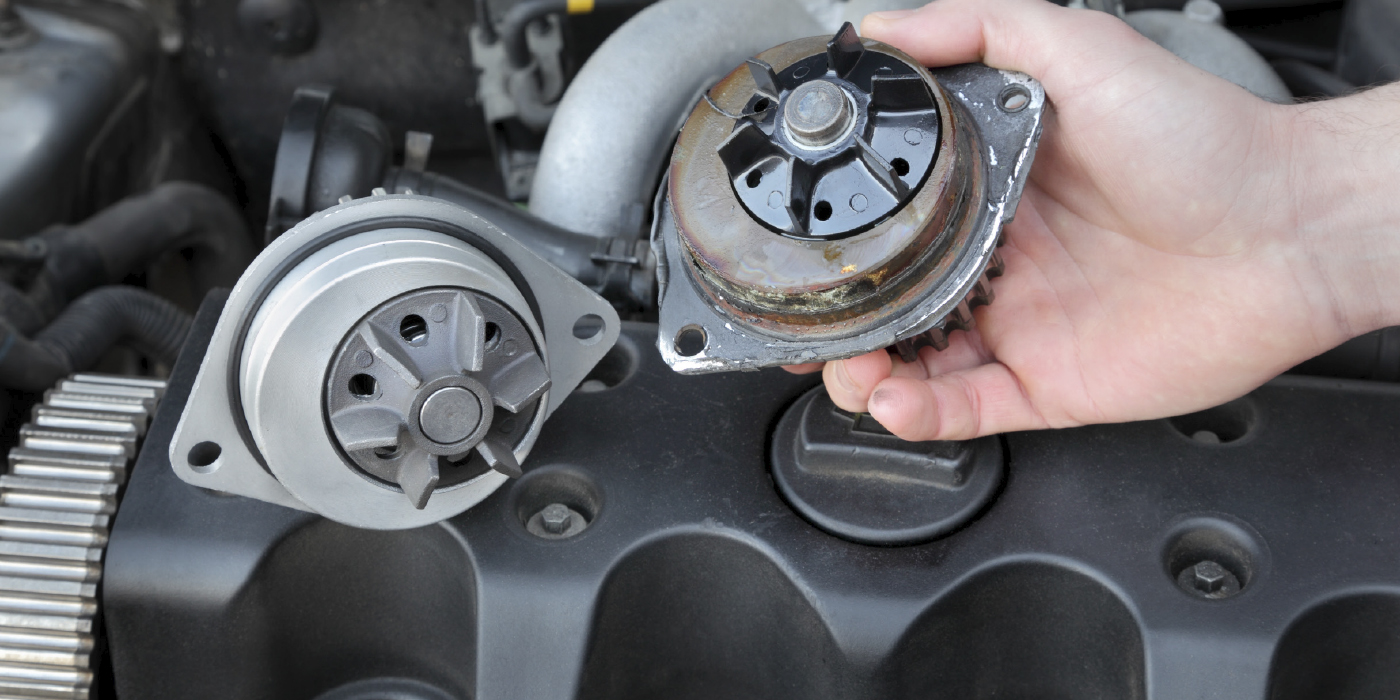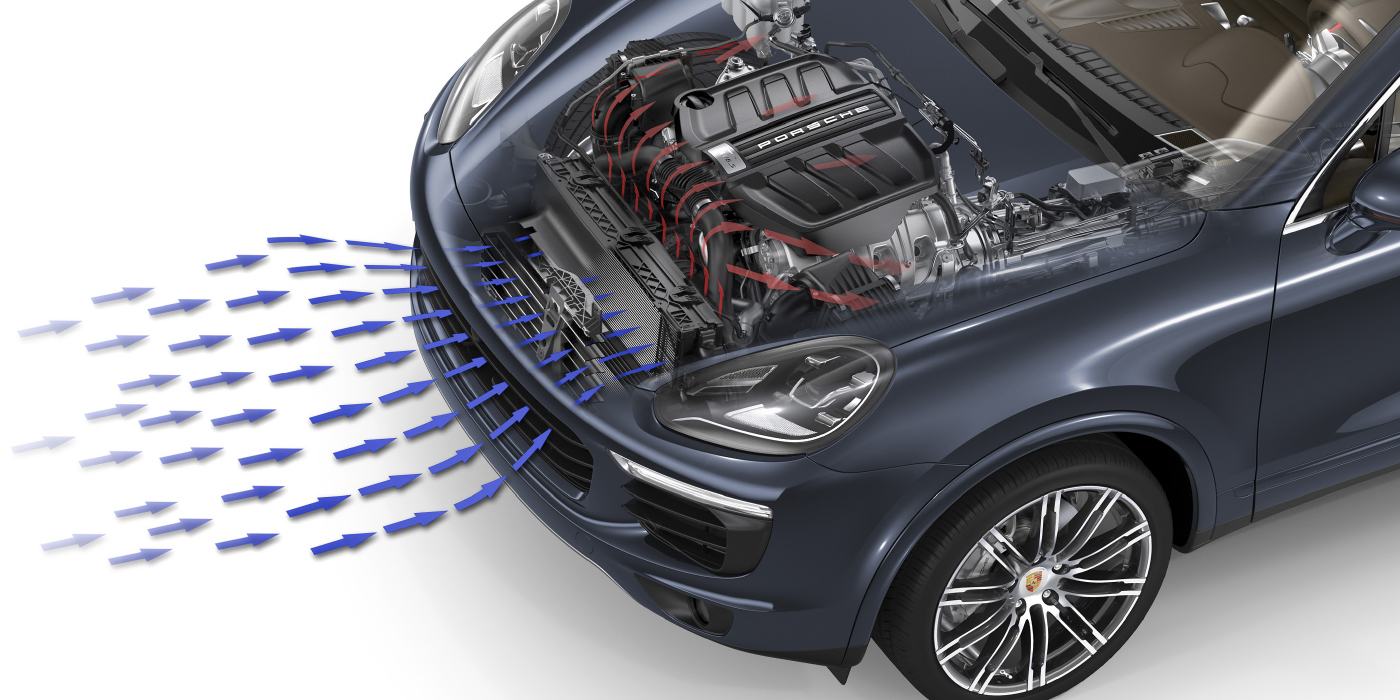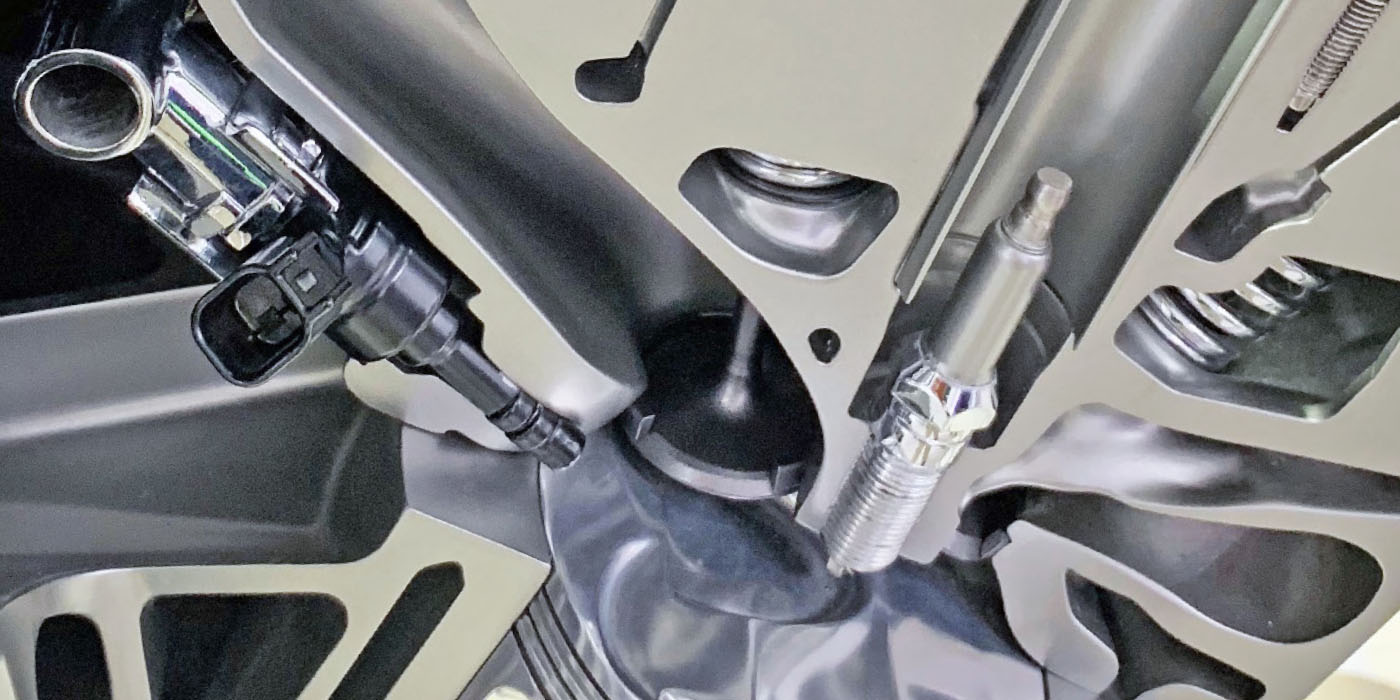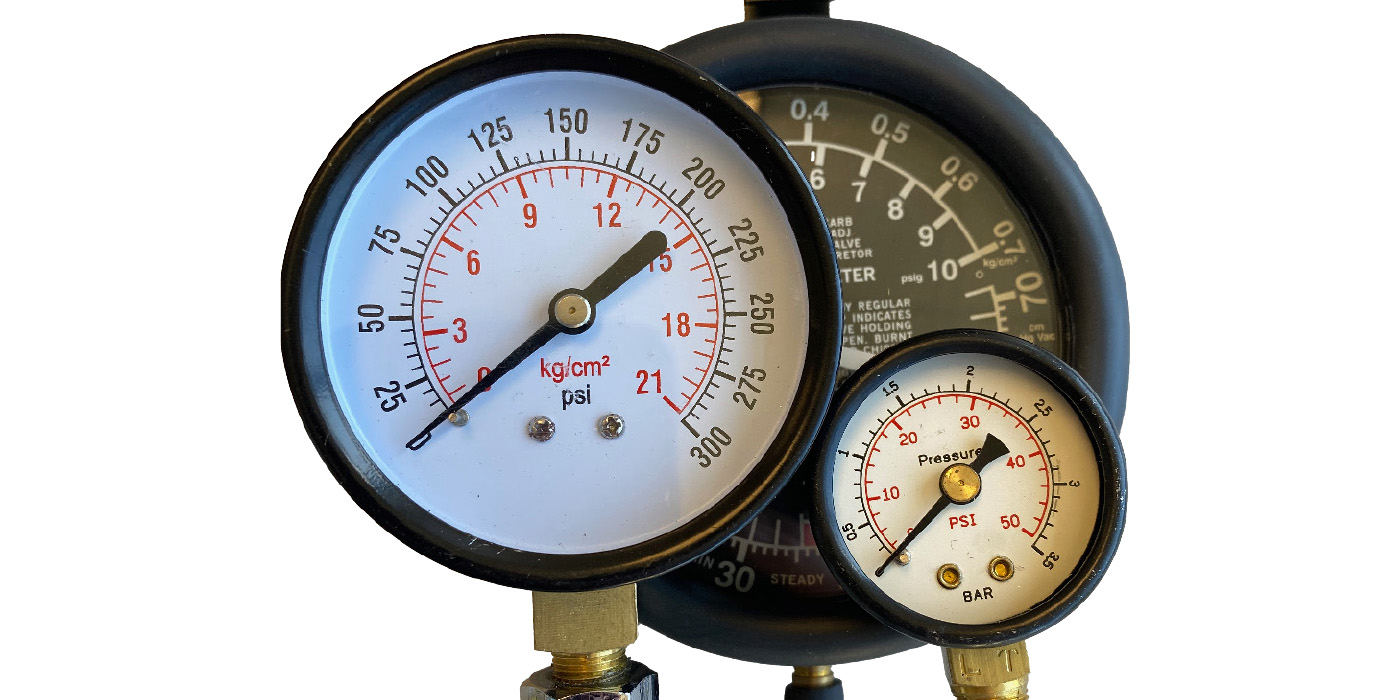Q: When should hoses be replaced?
A: Before they fail is the short answer. The long answer is it depends on the type of hose, the age of the vehicle and the application. Today’s cooling hoses, fuel line hoses, vacuum and emissions hoses, PS hoses, A/C hoses and brake hoses are all very durable and long-lived, but they don’t last forever. There are no factory recommended service intervals for any type of hose, but all automakers do recommend inspecting hoses when normal maintenance or repairs are performed.
A recent nationwide survey conducted by the Car Care Council found that 13 percent of vehicles inspected had one or more bad coolant hoses. The survey didn’t even look at the other types of hoses.
There are millions of vehicles that are 10 or more years old that have NEVER had any of their hoses replaced! There are also millions of vehicles that experience some type of hose failure every year.
One of the most common hose failures is when a radiator or heater hose springs a leak. Leaks can result from normal aging and deterioration of the hose material, from internal corrosion (electrolysis) or external physical causes (like chaffing or rubbing). When a radiator or heater hose fails, coolant seeps or sprays out of the cooling system causing the engine to overheat. According to AAA, coolant hose failures are one of the leading causes of roadside breakdowns and emergency service calls (right after flat tires).
It makes more sense to replace aging or leaking coolant hoses and other types of hose when it is convenient to do so rather than waiting for a hose to fail. Yet that’s what most motorists do. They wait for a problem to occur like engine overheating, a dangerous fuel leak, brake failure or an emissions/performance problem.
Hose replacement for preventive maintenance is still as important as ever, so always recommend replacing high-mileage hoses on older vehicles when a customer is buying a water pump, thermostat, fuel pump, brake parts or emissions-related parts.

